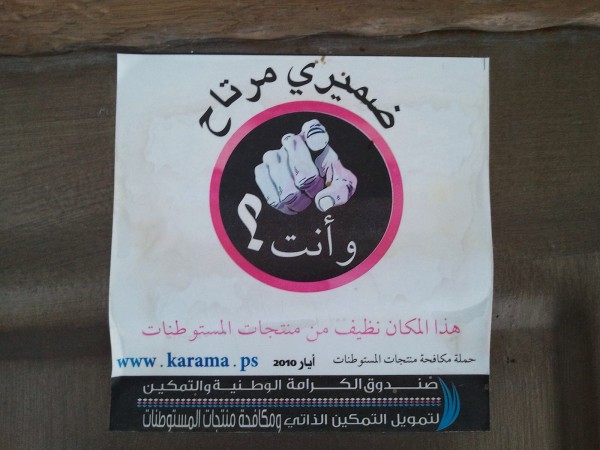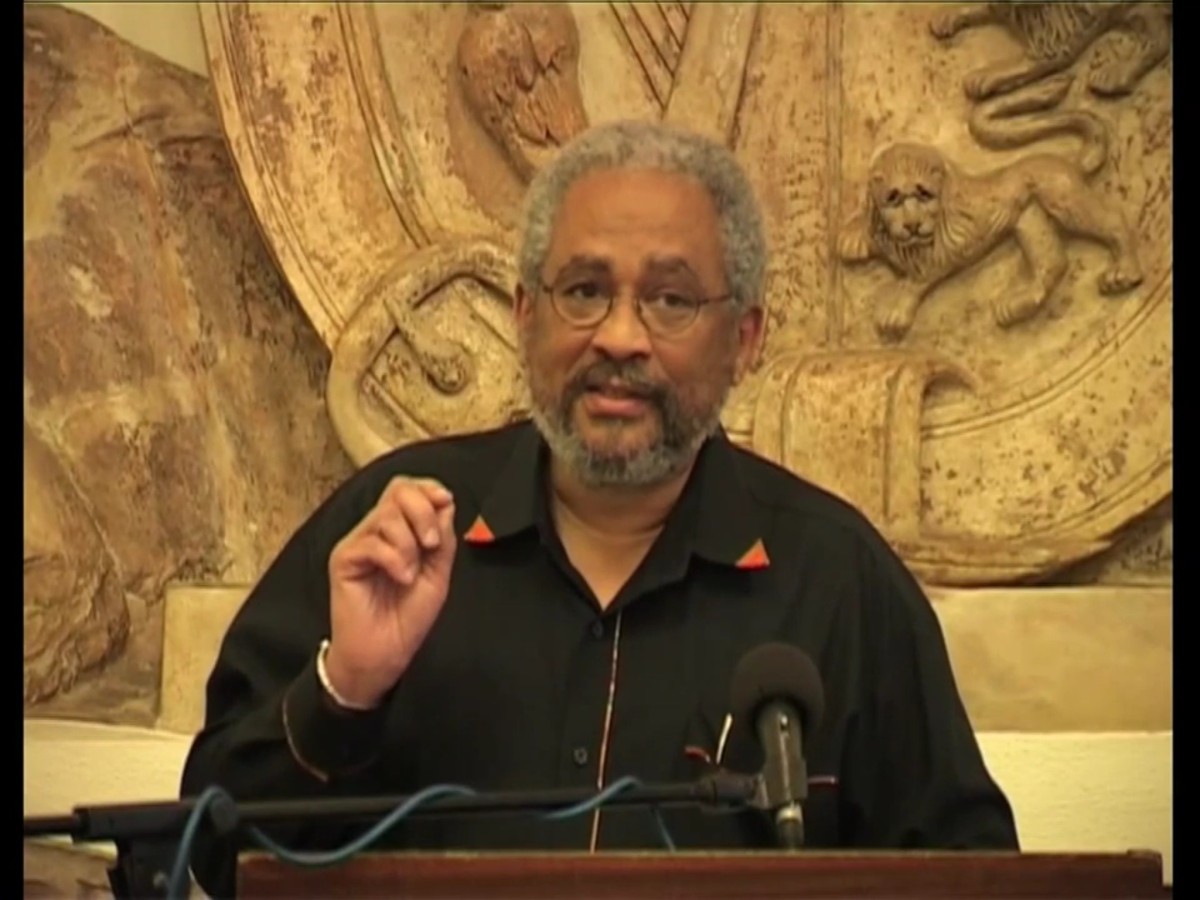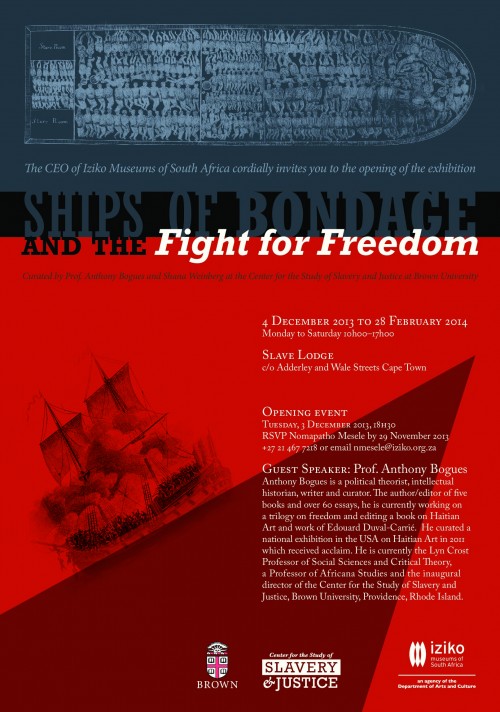Anthony Bogues, at the introduction of the Ships of Bondage exhibit currently held in the Slave Lodge museum in Cape Town, South Africa (and features studies of the Amistad, the Sally, and the Meermin), speaks of slavery and freedom, representation, the sedimentary foundations of slavery, colonialism, colonial modernity and these historical processes that connected the world (41:56). Beginning with reflections on Toni Morrison’s Beloved and André Brink’s Philida, Professor Bogues asks, “How does one represent slavery?” alluding to the attempt “to represent what sometimes we cannot name,” as he wrestles with the idea of freedom as it pertains to the political, the historical and the practice of being human: his thoughts a direct contribution to what he calls “the public curriculum.”
-
The Tunisian revolution three years on
Mohamed-Salah Omri takes stock of Tunisian language, and thus Tunisian cultural production and political sentiment, three years into the revolution: “The revolution in Tunisia was in many important ways a revolution in language.” Read full article here.
__
cover photo: the peaks of Djebel Rassas, southeast Tunis, Tunisia
-

on the ASA Boycott of Israeli Academic Institutions
Colin Dayan (Vanderbilt University) discusses the scope of responsibility institutionalized academia must embrace, and what “academic freedom” means to freedom itself, in light of the American Studies Association’s recent stance on the systematic silencing of Palestinian academia, and the polemics that have followed: “Must the actual separation wall in Israel become a reality in our institutions, blocking our view, disappearing Palestinians and burying the realities of the occupation?”
Read her full opinion piece here.
__
cover photo: A sign on the front door of a Palestinian house which reads: “I have a clear conscience, do you? This home is free of products produced in [Israeli] Settlements.”
-
Ships of Bondage and the Fight for Freedom
Curated by Anthony Bogues and Shana Weinberg, “Ships of Bondage and the Fight for Freedom examines the global networks involved in the African slave trade. This exhibition tells the story of slave insurrections on three vessels including the Amistad, the Meermin, and the Sally, exploring the struggle of the enslaved to resist captivity, gain freedom, and return to their homelands.”
Brown University’s Center for the Study of Slavery and Justice.



